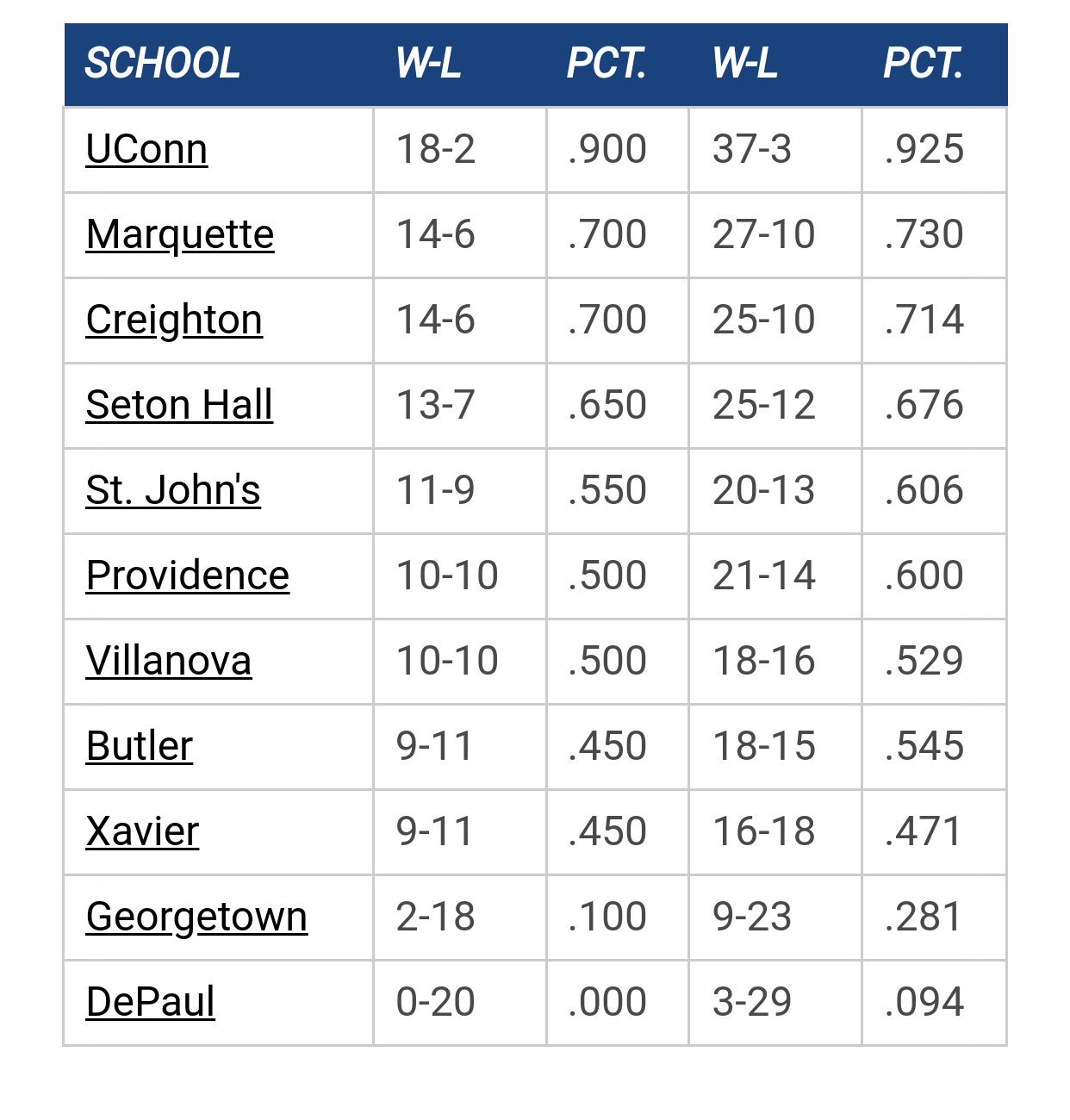|
Marquette NBA Thread by The Hippie Satan of Hyperbole
[Today at 08:47:55 AM] 2024 Transfer Portal by Uncle Rico [Today at 06:46:43 AM] 2025 Bracketology by Shooter McGavin [Today at 06:22:33 AM] So....What are we ranked on Monday - 11/1/2024? by MarquetteMike1977 [Today at 12:50:43 AM] Crean vs Buzz vs Wojo vs Shaka by wadesworld [May 06, 2024, 10:32:52 PM] Big East 2024 Offseason by MU82 [May 06, 2024, 06:06:48 PM] Recruiting as of 3/15/24 by Billy Hoyle [May 06, 2024, 05:33:31 PM] |
The absolute only thing required for this FREE registration is a valid e-mail address. We keep all your information confidential and will NEVER give or sell it to anyone else.
|





